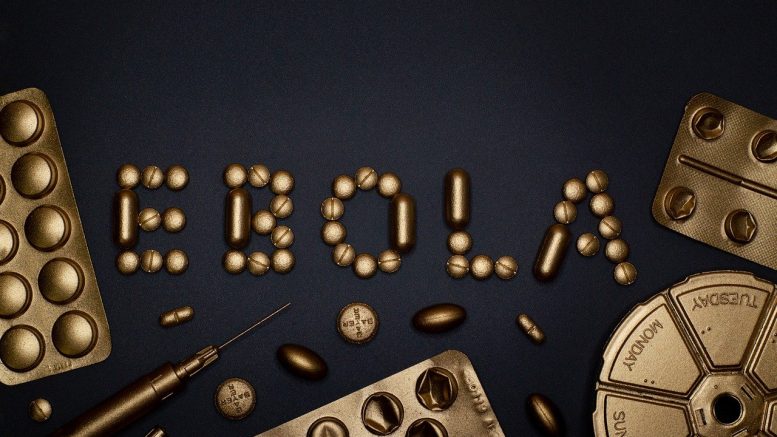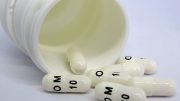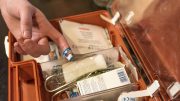On December 21, the U.S. Food and Drug Administration approved Ebanga (Ansuvimab-zykl), a human monoclonal antibody, for the treatment of ebola (zaire ebolavirus) infection in adults and children.
Ebola virus disease (EVD) is a deadly disease with occasional outbreaks that occur primarily on the African continent. EVD most commonly affects people and nonhuman primates (such as monkeys, gorillas, and chimpanzees). It is caused by an infection with a group of viruses within the genus Ebolavirus. Ebanga blocks binding of the virus to the cell receptor, preventing its entry into the cell.
Signs And Symptoms of Ebolavirus
Symptoms may appear anywhere from 2 to 21 days after contact with the virus, with an average of 8 to 10 days. The course of the illness typically progresses from “dry” symptoms initially (such as fever, aches and pains, and fatigue), and then progresses to “wet” symptoms (such as diarrhea and vomiting) as the person becomes sicker.
Primary signs and symptoms of Ebola often include some or several of the following:
- Fever
- Aches and pains, such as severe headache, muscle and joint pain, and abdominal (stomach) pain
- Weakness and fatigue
- Gastrointestinal symptoms including diarrhea and vomiting
- Abdominal (stomach) pain
- Unexplained hemorrhaging, bleeding or bruising
- Other symptoms may include red eyes, skin rash, and hiccups (late stage).
EVD is a rare but severe and often deadly disease. Recovery from EVD depends on good supportive clinical care and the patient’s immune response. Studies show that survivors of Ebola virus infection have antibodies (proteins made by the immune system that identify and neutralize invading viruses) that can be detected in the blood up to 10 years after recovery. Survivors are thought to have some protective immunity to the type of Ebola that sickened them.
Ebola Treatment
Zaire ebolavirus is one of four Ebolavirus species that can cause a potentially fatal human disease. In the PALM trial, the safety and efficacy of Ebanga was evaluated in a multi-center, open-label, randomized controlled trial.
“174 participants (120 adults and 54 pediatric patients) with confirmed Ebolavirus infection received Ebanga intravenously as a single 50 mg/kg infusion and 168 participants (135 adults and 33 pediatric patients) received an investigational control.
The primary efficacy endpoint was 28-day mortality. The primary analysis population was all patients who were randomized and concurrently eligible to receive either Ebanga or the investigational control during the same time period of the trial. Of the 174 patients who received Ebanga, 35.1% died after 28 days, compared to 49.4% of the 168 patients who received a control,” – the FDA said.
The most common side effects:
- Fever
- Tachycardia (fast heart rate)
- Diarrhea
- Vomiting
- Hypotension (low blood pressure)
- Tachypnea (fast breathing) and chills
- Hypersensitivity, including infusion-related events, can occur in patients taking Ebanga, and treatment should be discontinued in the event of a hypersensitivity reaction.
“Patients who receive Ebanga should avoid the concurrent administration of a live virus vaccine against Ebolavirus. There is the potential for Ebanga to inhibit replication of a live vaccine virus and possibly reduce the efficacy of this vaccine,” – the FDA warns.





Be the first to comment on "FDA Approves Ebola Treatment"